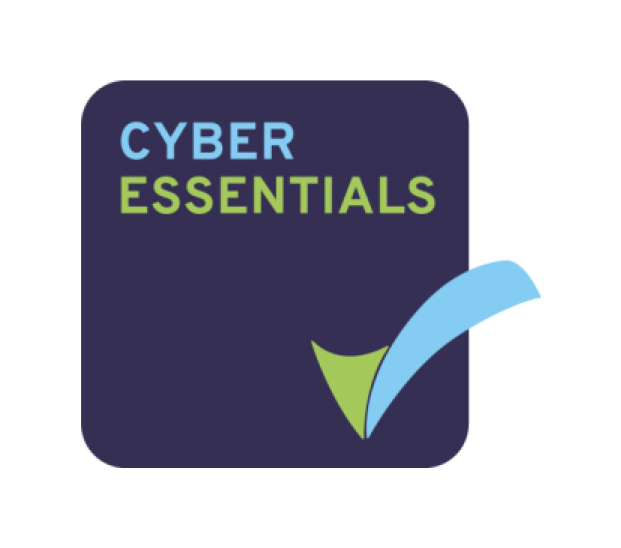Engaging NetSuite contractors shouldn’t mean adding compliance complexity.
Handled correctly, you get speed, ERP expertise, and flexibility without exposing your business to unnecessary risk. Handled poorly, it can create penalties, reputational damage, and costly delivery setbacks.
Here’s how to make compliance simple, secure, and scalable.
Stay Compliant from Day One
Understand Local Regulations
Every market has its own framework for contingent workers. From IR35 in the UK to AB5 in California, these rules govern how contractors are taxed, classified, and protected.
Why it matters:
Regulators won’t accept lack of awareness as an excuse. Non-compliance can result in backdated tax bills, penalties, and investigations.
Examples
- IR35 (UK): Decides whether a contractor is taxed as employed or independent.
- AWR (UK): Grants equal treatment rights after 12 weeks in certain scenarios.
- AB5 (California): Applies a strict three-part independence test.
- FLSA (US): Covers wage and worker protection standards.
Get the Classification Right
Misclassifying NetSuite contractors as employees is one of the most common compliance mistakes.
Why it matters:
If a contractor looks and behaves like an employee, you may face fines, back payments, and legal liability.
Key factors to check:
- Do they set their own working hours and methods?
- Can they appoint a substitute to carry out the work?
- Are they responsible for their own tools and licenses?
- Are they delivering defined outputs, not just filling an internal role?
Use Outcome-Focused Contracts
A strong contract protects both parties and proves independence.
Avoid generic templates. Contracts should reflect the engagement, project scope, and local legal framework.
Must-have clauses
- Clear deliverables and deadlines
- Agreed payment terms and invoicing process
- Termination rights and notice periods
- NDA and confidentiality agreements
- Intellectual property ownership clauses
- Insurance and liability requirements
Protect Your Systems and Data
NetSuite contractors often require access to sensitive finance systems, integrations, or reporting tools. Without proper controls, this can become a security and compliance risk.
Why it matters:
Contractors may work with multiple clients. Strong protocols protect you against IP leaks, GDPR breaches, or regulatory exposure.
Best practices
- Grant only the access required for the role
- Enforce NDAs and security policies
- Use company-managed devices where possible
- Audit access regularly and revoke it immediately at project end
Partner with a NetSuite specialist
Working with an expert recruitment partner reduces compliance exposure while speeding up hiring.
Why it works:
You retain control over delivery, while Anderson Frank handles compliance, documentation, and governance end-to-end.
With Anderson Frank, you get
- Right-to-work verification and background checks complete
- IR35, AWR, and equivalent classification handled in-house
- NetSuite-specific contracts tailored for your project
- Insurance and liability managed from day one
- Onboarding, timesheeting, and exit processes built in
Why Anderson Frank Makes It Easy

Compliance confidence
IR35, AWR, 1099, A1 all managed

Reduced admin
contracts, insurance, and onboarding covered end-to-end

Global scale
compliance expertise across 20+ countries

Commercial clarity
transparent, risk-free processes at every step


